Tacky or Techie? The Tachometer.
August 19, 2018
There's a gauge that many vehicles have that says RPM on it. And there are a lot of people who either don't pay any attention to it or don't even know what it is. Here's why it's a good gauge to know about.
It's called a tachometer, and that "RPM" label means it is measuring how many revolutions per minute (RPM) the engine is turning. Automotive experts know that a vehicle's engine can be damaged if it turns too fast (revving too high) or too slowly ("lugging" the engine).
A tachometer (sometimes called a tach) is almost a "must-have" gauge for vehicles with a manual transmission; the driver has to manually change gears; the tach helps the driver know when revolutions are in the optimal range.
Some say you don't need a tachometer if you drive a vehicle with an automatic transmission. It's true that most drivers of automatics don't even look at it. But there are times when paying attention to the tach can help you prevent an expensive repair.
Here's a good example. Manufacturers now build many of their automatic transmission vehicles with shift paddles. They let you shift gears without a clutch. That's manual shifting, and drivers need to know they're not revving the engine too high. That's where the tachometer comes in, since it shows you visually when you are in the red zone (RPM too high).
Here's another way the tach can help you: fuel economy. Generally speaking, the lower the RPM, the better the fuel economy. It's not good to go too low, of course, and the tachometer will help you find that spot of maximum efficiency.
You can also spot problems by paying attention to the tach. When your vehicle stays in first gear longer than usual (higher reading on the tach), then the RPM dip lower than usual after shifting, it may be that your vehicle's transmission is skipping a gear. Plus, if your vehicle's RPM go up but your speed doesn't, it could mean your transmission is slipping. Either situation should be checked by a trained technician.
If your commute takes you down some long grades, you might like to put your vehicle in a lower gear to help slow down the car (and not burn up the brakes). Having a tachometer keeps tabs on when your engine is revving too high.
So, consider the tachometer a "bonus" gauge. It's one more helpful assistant that can help you spot and prevent problems in your vehicle.
Need Service?
More articles from Elite Tire & Auto Care

Something to Latch On To (Hood Latch Safety)
May 5, 2024
The other day, a driver was trying to open his vehicle's hood so he could add some windshield washer fluid. But when he pulled the hood release inside the car, nothing happened. Usually, opening any hood is a 2-step process. You pull the hood release (which is usually a handle under the dashbo... More

Move it or Lose It (Dormant Vehicles)
April 28, 2024
When it comes to your vehicle, driving it too much can cause some issues. But what about not driving a vehicle enough? That has consequences as well. Here are a few things that can happen if a vehicle isn't driven enough. When the engine doesn't operate, the oil isn't lubricating. That means so... More

Keep Your Cool in Livonia
April 21, 2024
Livonia drivers rely on their vehicle's coolant system to keep their engine cool. Coolant (also called antifreeze) mixed with water flows through your vehicle engine and absorbs heat. The mixture then flows out to the radiator where it's cooled by air flowing over the radiator. From there the co... More











